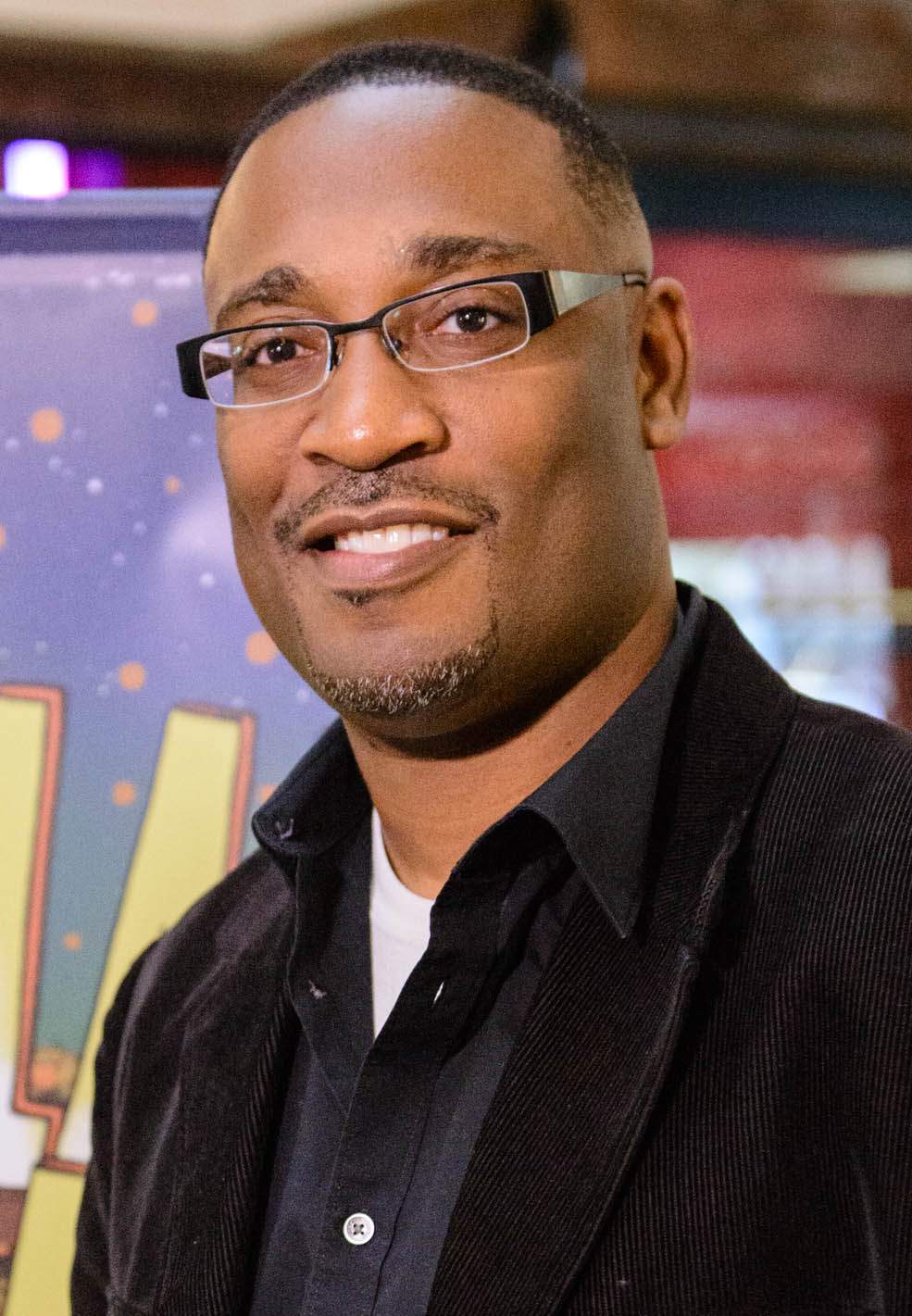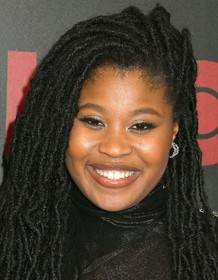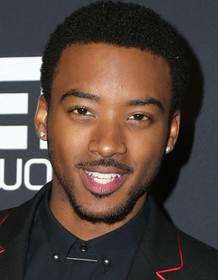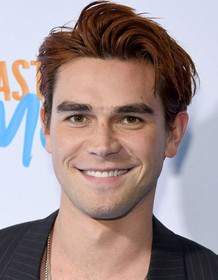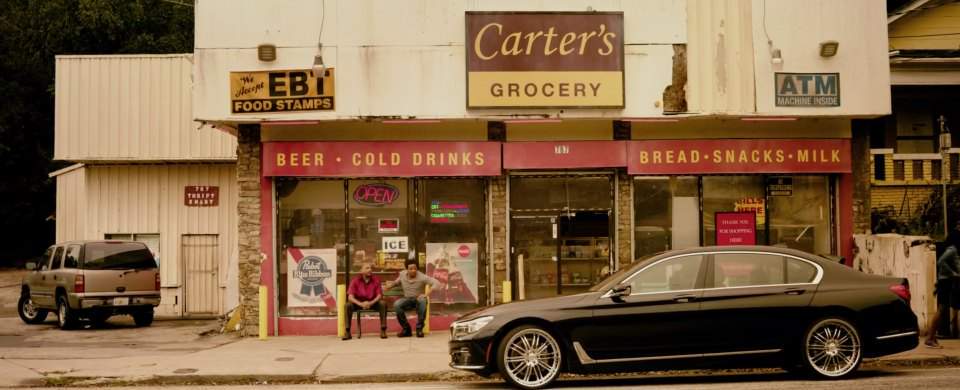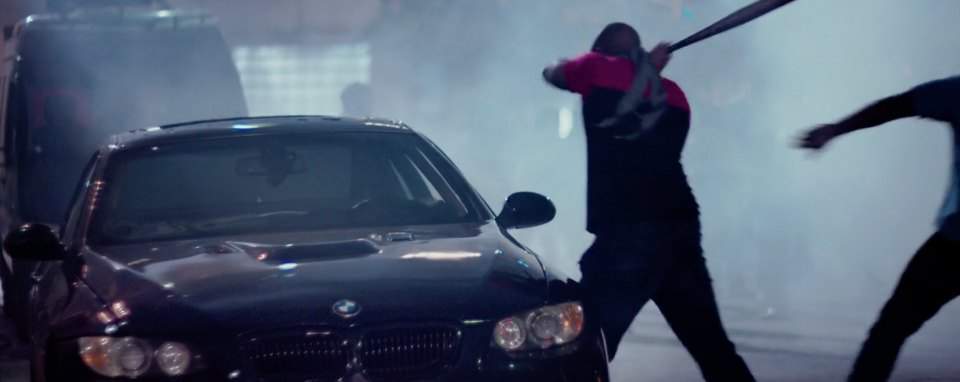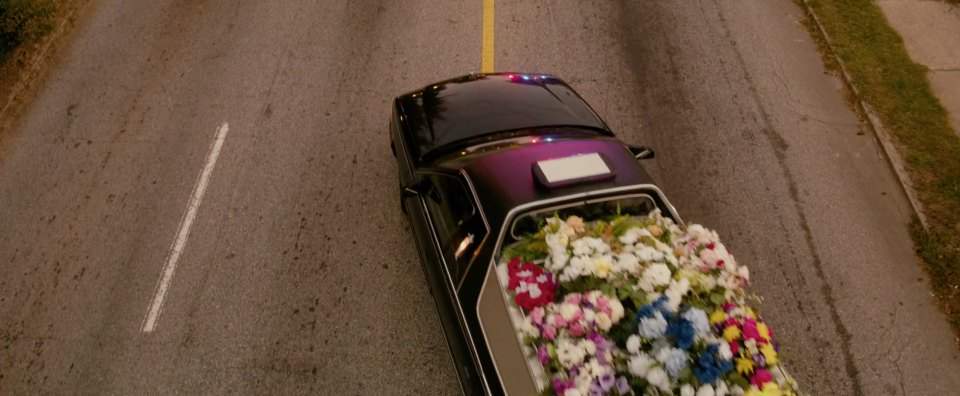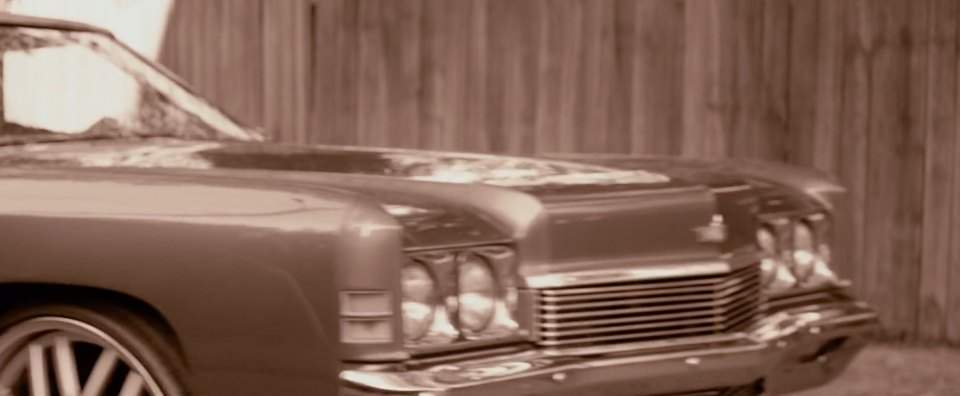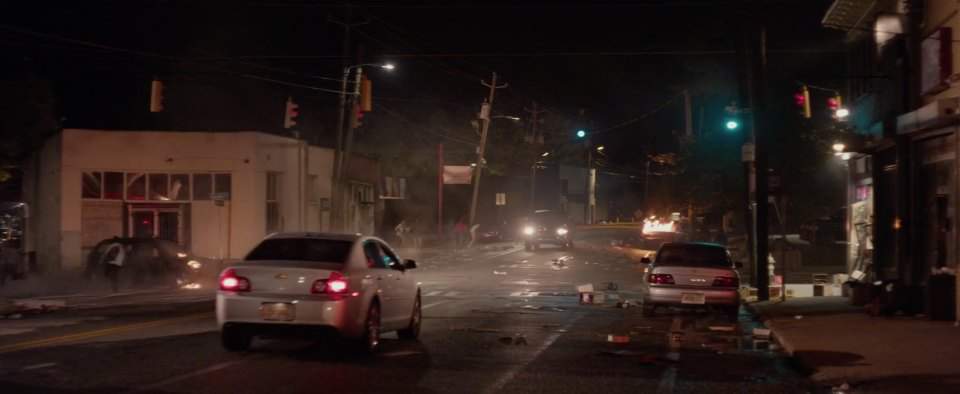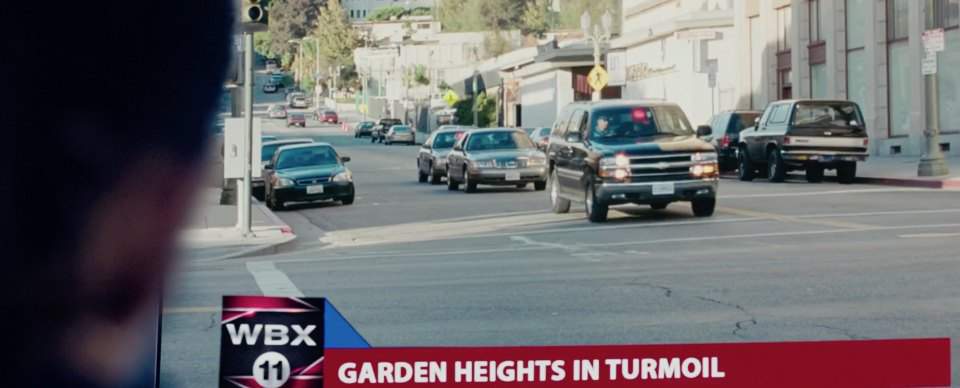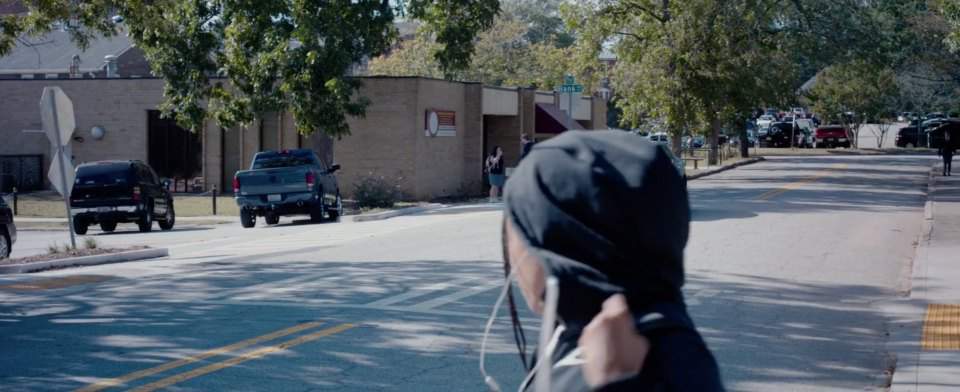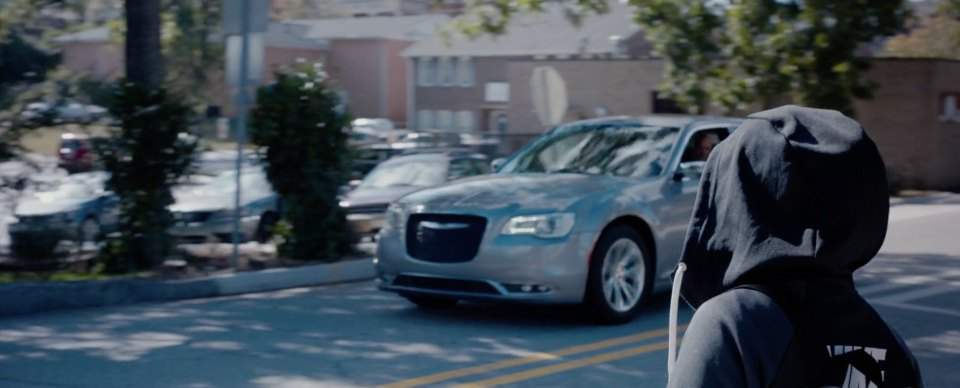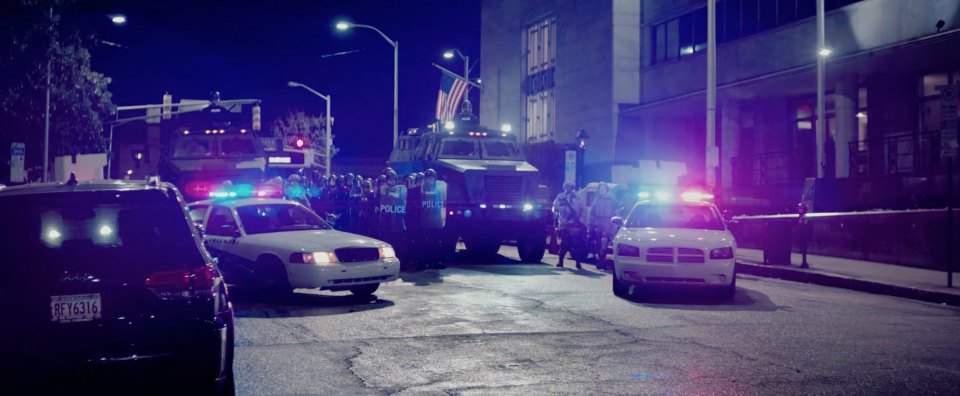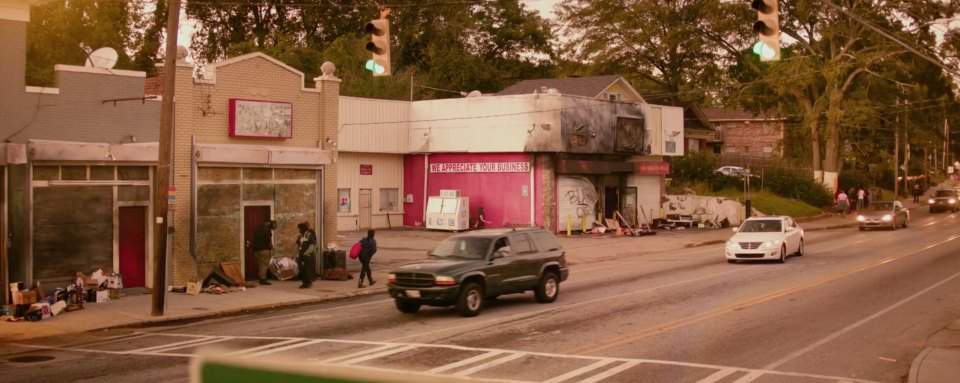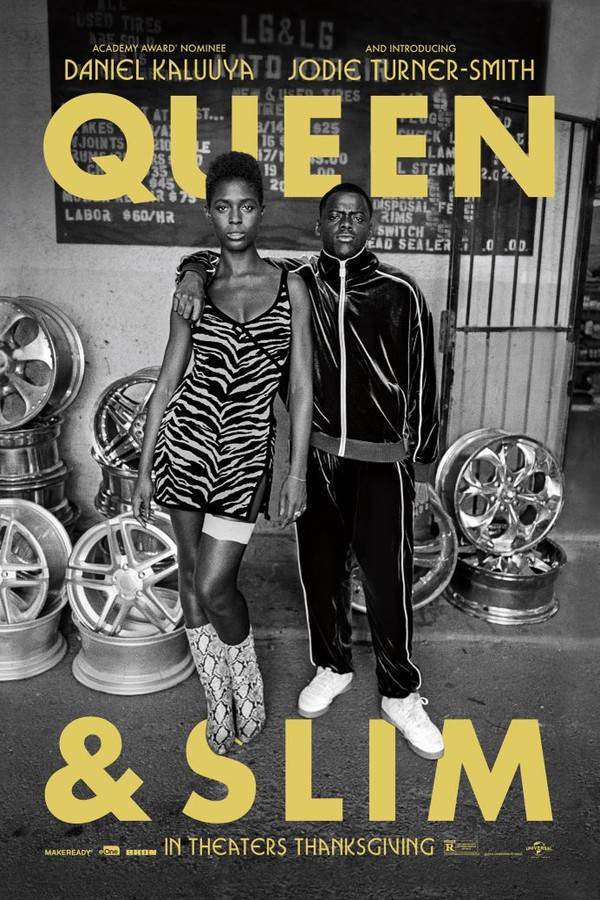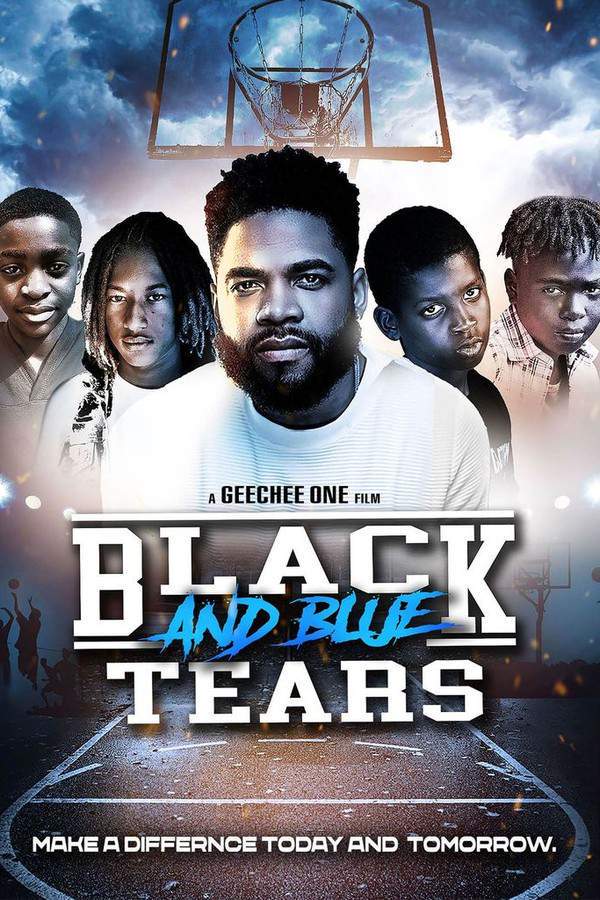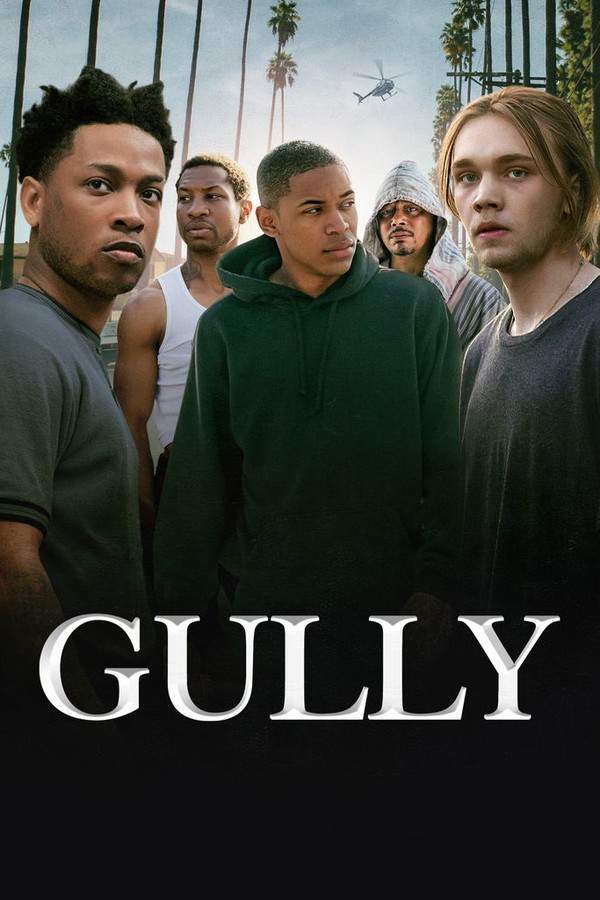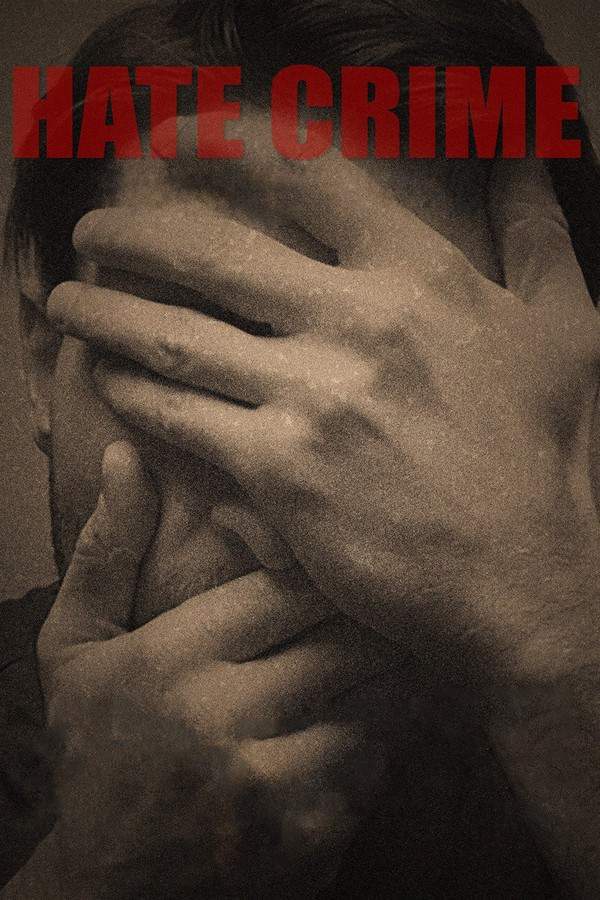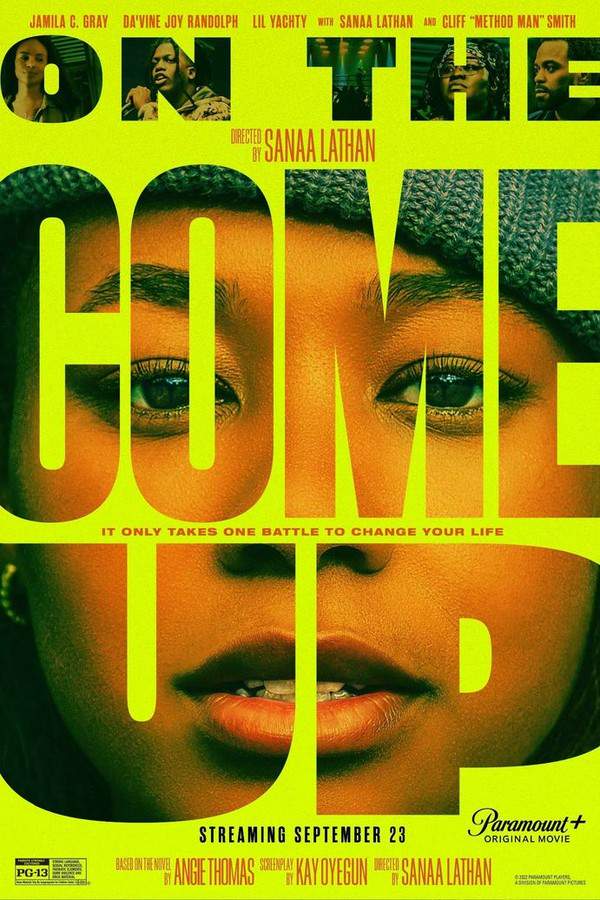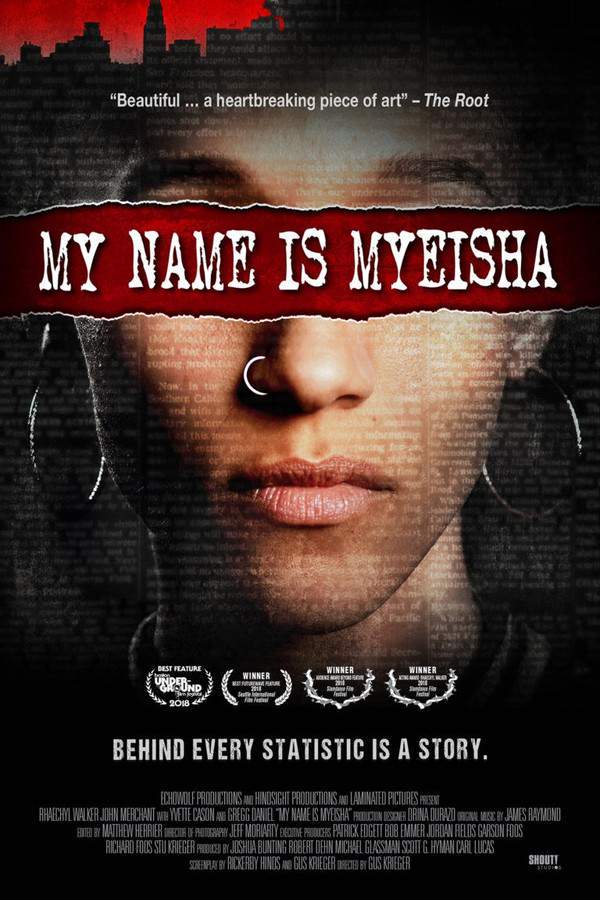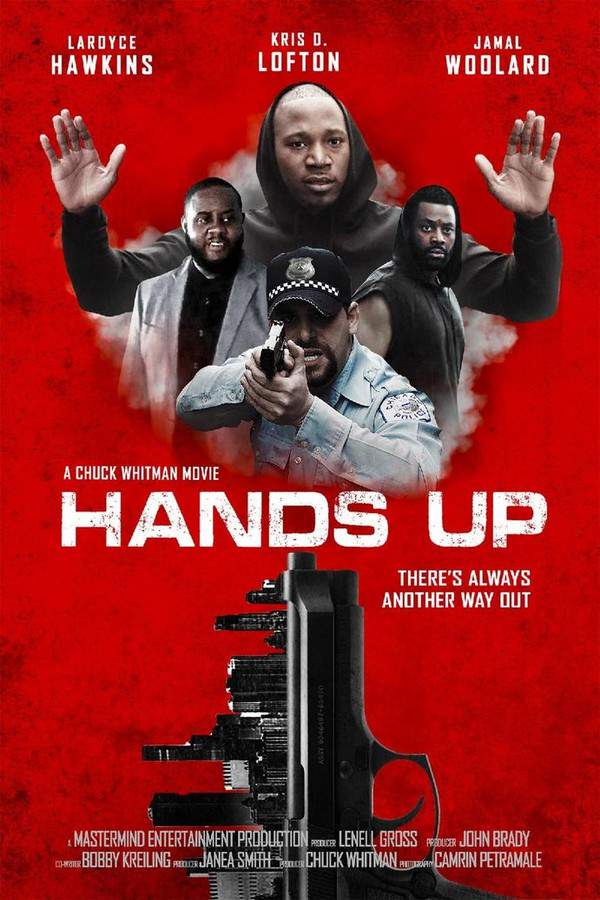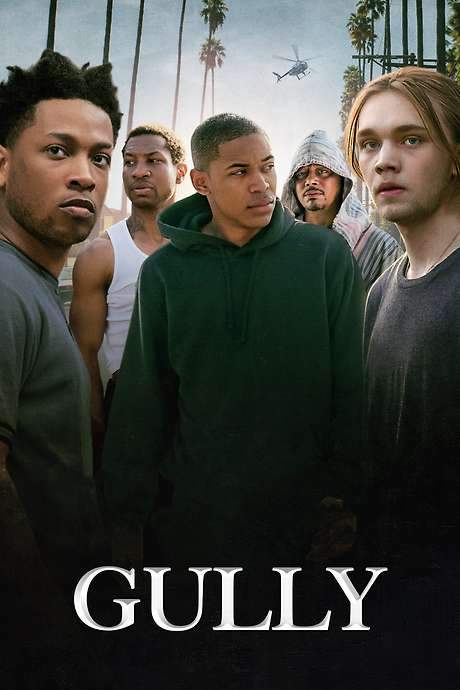The Hate U Give 2018
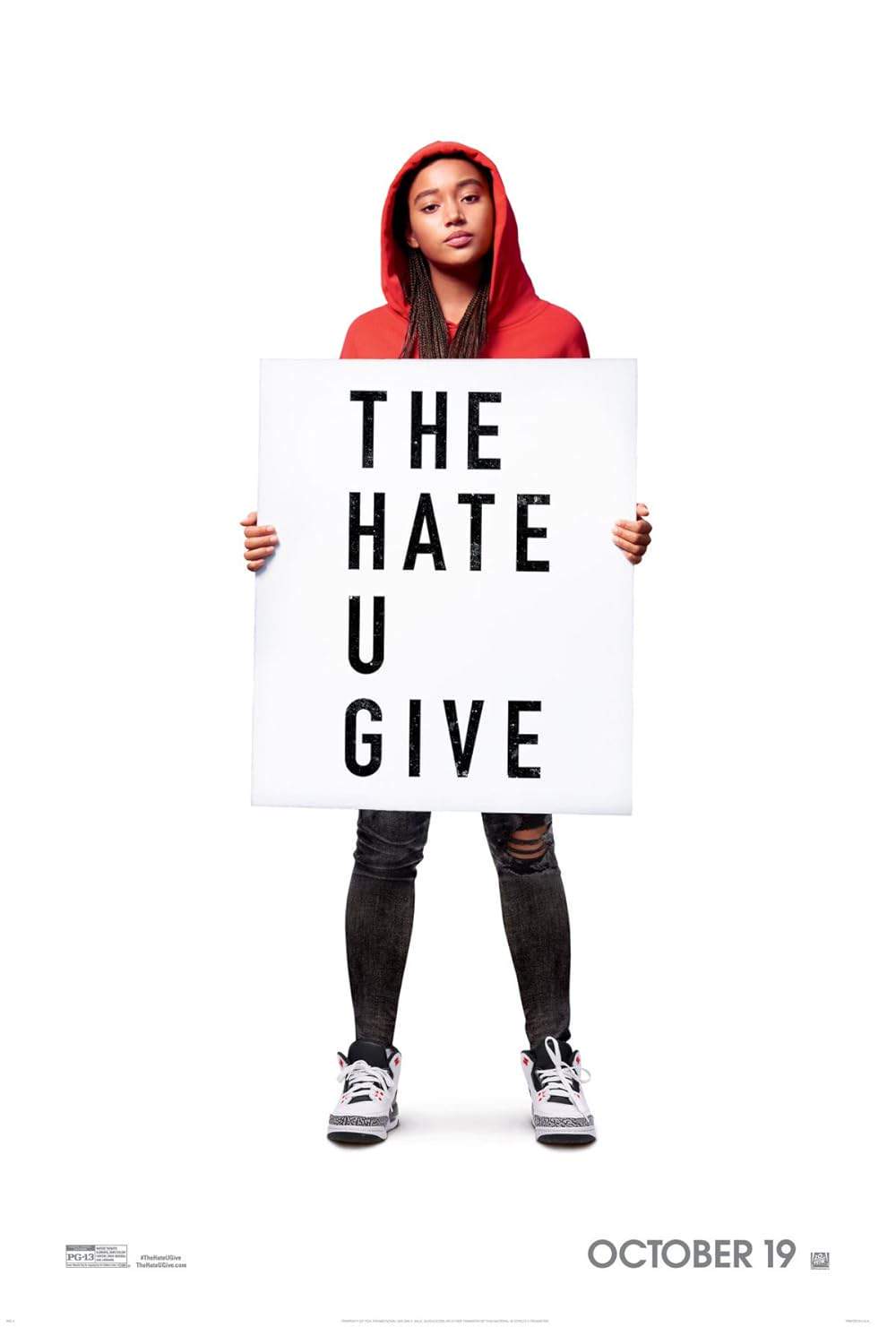
A teenager named Starr witnesses the fatal shooting of her childhood friend, Khalil, by a police officer. Navigating the complexities of her life between her poor neighborhood and her predominantly white prep school, she finds herself torn between two vastly different worlds. Starr must ultimately find her voice and stand up for what’s right, facing pressure from her community, family, and the legal system as she seeks justice and confronts the harsh realities of systemic inequality.
Does The Hate U Give have end credit scenes?
No!
The Hate U Give does not have end credit scenes. You can leave when the credits roll.
Meet the Full Cast and Actors of The Hate U Give
Explore the complete cast of The Hate U Give, including both lead and supporting actors. Learn who plays each character, discover their past roles and achievements, and find out what makes this ensemble cast stand out in the world of film and television.
External Links and Streaming Options
Discover where to watch The Hate U Give online, including streaming platforms, rental options, and official sources. Compare reviews, ratings, and in-depth movie information across sites like IMDb, TMDb, Wikipedia or Rotten Tomatoes.
Ratings and Reviews for The Hate U Give
See how The Hate U Give is rated across major platforms like IMDb, Metacritic, and TMDb. Compare audience scores and critic reviews to understand where The Hate U Give stands among top-rated movies in its genre.

The Movie Echo Score
The Hate U Give delivers a compelling and emotionally resonant drama rooted in timely themes of activism and social justice. It combines sophisticated direction, strong performances, and a clear focus on racial inequality with occasional genre clichés and moments of melodrama. Visual and auditory elements work in tandem to support the narrative, although the heavy-handed messaging can verge on didactic. Despite these minor drawbacks, the film maintains a persuasive urgency and lasting impact.
The Movie Echo Score Breakdown for The Hate U Give

Art & Craft
Direction, cinematography, and production design form a skilled technical framework in The Hate U Give. Critics note precise framing and well-paced editing that accentuate emotional sequences. The design of locations lends authenticity without overshadowing the narrative. While occasional visual clichés arise, the film’s overall craft supports its thematic ambitions with consistent professionalism.

Character & Emotion
In terms of character and emotion, performances elevate The Hate U Give through nuanced portrayals and strong ensemble work. Amandla Stenberg and supporting cast deliver emotionally lucid scenes that resonate with authenticity. Although a few secondary figures verge on caricature, the central relationships convey genuine depth and connection. Overall, character work anchors the film’s emotional core.

Story & Flow
When it comes to story and flow, the film presents a direct adaptation of Angie Thomas’s novel with clear pacing and emotional engagement. Narrative momentum is maintained through key dramatic set pieces and activist themes. However, reliance on familiar tropes and occasional heavy-handed messaging can undercut originality. Ultimately, the story remains engaging despite its episodic and somewhat predictable elements.

Sensory Experience
In terms of sensory experience, the film employs a focused color palette and dynamic lighting to underline dramatic beats. The score and sound design support emotional moments without overwhelming dialogue. Visual cohesion is maintained through careful shot composition, though no standout stylistic flourishes dominate. Overall, sensory elements complement the narrative’s tone with consistent and measured restraint.

Rewatch Factor
For rewatch factor, audience responses vary between appreciating new insights on repeat viewings and finding the film’s impact singular. Some viewers note fresh observations and thematic depth emerge with each screening, while others feel its emotional intensity makes subsequent watches challenging. The strong topical relevance encourages reflection, though the one-time viewing impression is more common. Rewatch appeal is therefore moderate.

81
Metascore
6.9
User Score

7.5 /10
IMDb Rating

81
%
User Score

3.7
From 762 fan ratings

3.90/5
From 10 fan ratings
Take the Ultimate The Hate U Give Movie Quiz
Challenge your knowledge of The Hate U Give with this fun and interactive movie quiz. Test yourself on key plot points, iconic characters, hidden details, and memorable moments to see how well you really know the film.
The Hate U Give Quiz: Test your knowledge on the film 'The Hate U Give' and its powerful themes of identity, injustice, and activism.
Who is Starr's first childhood friend whom she reunites with at the party?
Khalil
Chris
Seven
Natasha
Show hint
Awards & Nominations for The Hate U Give
Discover all the awards and nominations received by The Hate U Give, from Oscars to film festival honors. Learn how The Hate U Give and its cast and crew have been recognized by critics and the industry alike.
24th Critics' Choice Awards 2019

34th Artios Awards 2019
Big Budget – Drama
Full Plot Summary and Ending Explained for The Hate U Give
Read the complete plot summary of The Hate U Give, including all major events, twists, and the full ending explained in detail. Explore key characters, themes, hidden meanings, and everything you need to understand the story from beginning to end.
The film begins with the Carter family gathered around the kitchen table, where the patriarch, Maverick Carter, imparts vital instructions to his three children about what to do during a police stop. He emphasizes the importance of embracing their identities as Black children, even in the face of adversity, and shares the Black Panther ten-step program for guidance.
Fast forward to the early 2010s, we meet Starr (Amandla Stenberg), who resides with her father, Maverick; her mother, Lisa; her older half-brother Seven (Lamar Johnson); and her younger brother Sekani (TJ Wright). Once affiliated with the notorious King Lords gang, Maverick has since turned his back on that lifestyle. The Carters live in the struggling, predominantly Black neighborhood of Garden Heights. Despite the pervasive gang violence, places like Maverick’s grocery store have managed to flourish.
Starr navigates her life at Williamson, a prestigious school located in a largely white and affluent area, where she grapples with her identity, feeling the need to tone down her Blackness around her classmates while also not wanting to be “too preppy” around her friends back home. She is in a relationship with Chris (K.J. Apa), who recently made a move on her that she wasn’t ready for. This leads to uncomfortable moments as they face glances from other students due to their interracial relationship.
At a party in Garden Heights attended with Kenya (Dominique Fishback), Starr finds herself resisting pressure to join in a confrontation with someone who’s been talking trash about Kenya. Instead, she reconnects with her childhood friend Khalil (Algee Smith). Their evening takes a tragic turn when, after a random encounter where they reminisce and share a kiss, they are pulled over by Officer Mackintosh (Drew Starkey). The situation escalates when Khalil reaches for a hairbrush, mistakingly perceived as a weapon, prompting Officer Mackintosh to open fire, fatally wounding him. Starr’s desperate attempts to get to Khalil are thwarted as she is handcuffed by the officer.
In the wake of this devastating event, Starr is left in shock, haunted by the trauma of witnessing Khalil’s death. During questioning by the police, the detectives focus on Khalil’s alleged involvement in drugs rather than the incident itself. Her uncle Carlos (Common), who is a police officer, arrives to take her and Lisa out, but the damage has been done—Starr is uprooted by fear and guilt, unable to share what she witnessed.
At Khalil’s wake, Starr comforts his grandmother, Miss Rosalie (Rhonda Johnson Dents), who candidly reveals that Khalil had been involved with King, the leader of the King Lords gang. Following the funeral, the family grapples with Sandy’s death and the growing hostility surrounding her identity as a witness.
Starr’s internal struggle only deepens when April Ofrah (Issa Rae), a lawyer, reaches out with an opportunity for Starr to share her story publicly. Over dinner, Maverick and the kids are confronted by King, a reminder of the violent world they want to escape. Tensions boil over, especially as Starr increasingly feels alienated by her peers and finds herself at odds with Chris and her friends.
The strain amplifies on prom night, culminating in a confrontation with Chris that unveils deeper discrepancies in their understandings of race and identity. When violence erupts, we see Maverick confront danger to protect his family as they seek refuge with Carlos. Eventually, Starr bravely steps up to testify against Officer Mackintosh, sharing the importance of Khalil’s life and her experience as a witness.
Emboldened by the support of her community, Starr becomes an integral part of the protests against systemic violence faced by Black individuals. The impactful moment comes when she stands before a crowd declaring, “I was the witness.” The movement creates ripples, leading to King’s arrest while rekindling Starr’s relationship with Chris as they bond over overcoming obstacles together.
As things settle, Starr finds a semblance of peace within her community; the clearing of Khalil’s tragic fallout leads her to revisit cherished memories while fighting to keep his legacy alive. The film closes with Starr determined to shine a light in the profound darkness enveloping the lives of countless others facing similar struggles.
Uncover the Details: Timeline, Characters, Themes, and Beyond!

Coming soon on iOS and Android
The Plot Explained Mobile App
From blockbusters to hidden gems — dive into movie stories anytime, anywhere. Save your favorites, discover plots faster, and never miss a twist again.
Sign up to be the first to know when we launch. Your email stays private — always.
Watch Trailers, Clips & Behind-the-Scenes for The Hate U Give
Watch official trailers, exclusive clips, cast interviews, and behind-the-scenes footage from The Hate U Give. Dive deeper into the making of the film, its standout moments, and key production insights.
Cars Featured in The Hate U Give
Explore all cars featured in The Hate U Give, including their makes, models, scenes they appear in, and their significance to the plot. A must-read for car enthusiasts and movie buffs alike.
The Hate U Give Themes and Keywords
Discover the central themes, ideas, and keywords that define the movie’s story, tone, and message. Analyze the film’s deeper meanings, genre influences, and recurring concepts.
The Hate U Give Other Names and Titles
Explore the various alternative titles, translations, and other names used for The Hate U Give across different regions and languages. Understand how the film is marketed and recognized worldwide.
Similar Movies To The Hate U Give You Should Know About
Browse a curated list of movies similar in genre, tone, characters, or story structure. Discover new titles like the one you're watching, perfect for fans of related plots, vibes, or cinematic styles.
Quick Links: Summary, Cast, Ratings, More

What's After the Movie?
Not sure whether to stay after the credits? Find out!
Explore Our Movie Platform
New Movie Releases (2026)
Famous Movie Actors
Top Film Production Studios
Movie Plot Summaries & Endings
Major Movie Awards & Winners
Best Concert Films & Music Documentaries
Movie Collections and Curated Lists
© 2026 What's After the Movie. All rights reserved.


